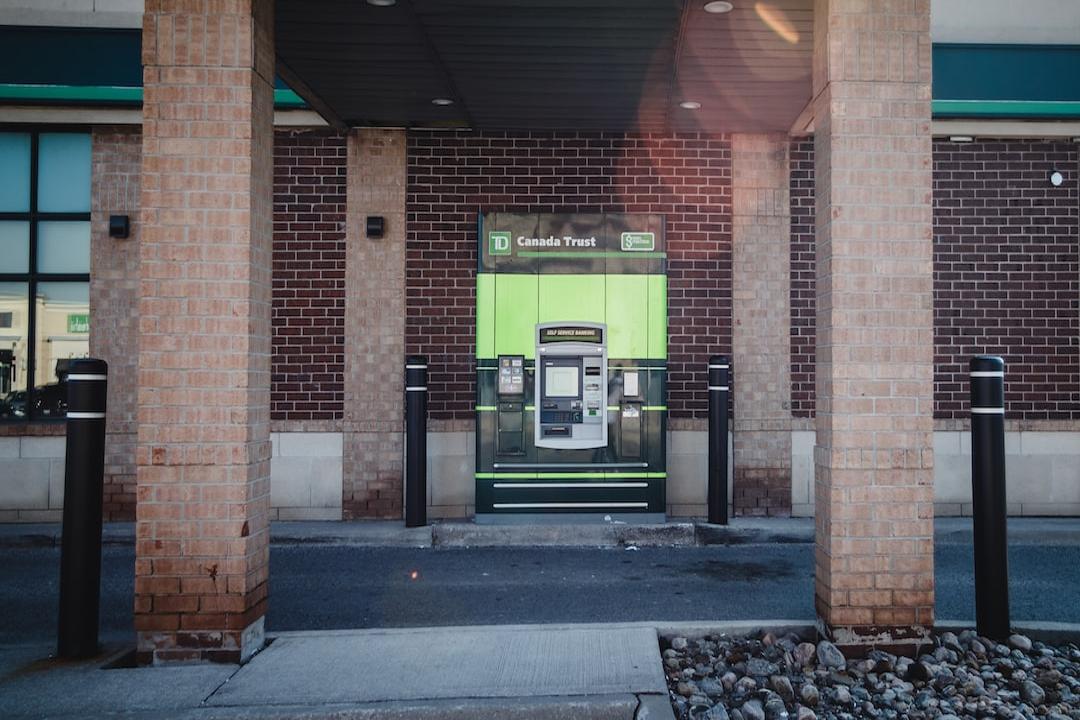The largest cryptocurrency exchange in the world, Binance, is set to be blocked by the financial regulator of the Philippines due to concerns over its unlicensed operations in the country. The Securities and Exchange Commission (SEC) of the Philippines has requested assistance from the National Telecommunication Commission (NTC) to implement the ban on accessing Binance’s website and online trading platform.
In a document dated March 25, the SEC expressed its worries about the potential risks faced by Filipino investors as a result of Binance’s activities without the necessary licenses. Emilio B. Aquino, Chairperson of the SEC, stressed the importance of this action in a letter to the NTC. Aquino stated that the SEC had identified Binance’s platform and determined that continued access to its services could jeopardize the security of funds belonging to Filipino investors.
The primary concern of the SEC revolves around Binance’s offerings of investment products, such as leveraged trading services and crypto savings accounts, which are being provided without complying with the requirements outlined in the Securities Regulation Code. The ban on accessing Binance’s services in the Philippines will take effect within three months.
During this grace period, investors using Binance’s platform will have the opportunity to exit their positions and transition to alternative platforms or investment strategies. Additionally, the SEC has reached out to major tech companies, including Google and Meta (formerly Facebook), requesting them to prevent advertisements related to Binance from appearing on their platforms for Filipino users. This regulatory action in the Philippines adds to the global challenges faced by Binance.
In December 2023, a U.S. court ordered Binance to pay $2.7 billion in penalties, and former CEO Changpeng “CZ” Zhao was directed to pay $150 million as part of a settlement with the Commodity Futures Trading Commission (CFTC). This legal dispute stemmed from allegations of Binance evading federal laws and operating an illegal derivatives exchange. CZ agreed to step down from his role as CEO as part of a broader settlement with U.S. regulatory authorities, including the Department of Justice, the Treasury Department, and the CFTC.
The combination of regulatory actions from different jurisdictions, such as the Philippines and the United States, highlights the increasing scrutiny and challenges faced by Binance. These developments underscore the importance of regulatory compliance and transparency in the cryptocurrency industry, as authorities worldwide strive to protect investors and maintain financial stability in the rapidly evolving digital asset landscape.

